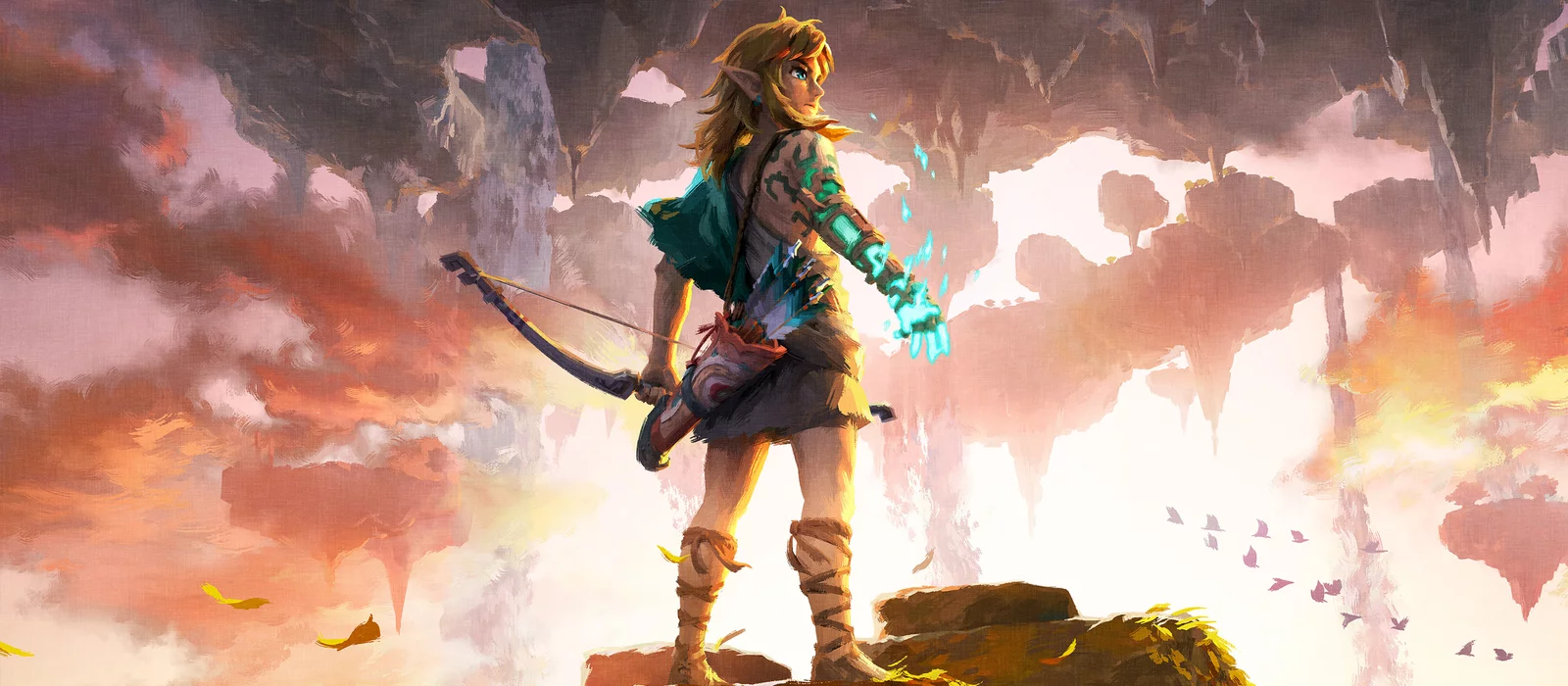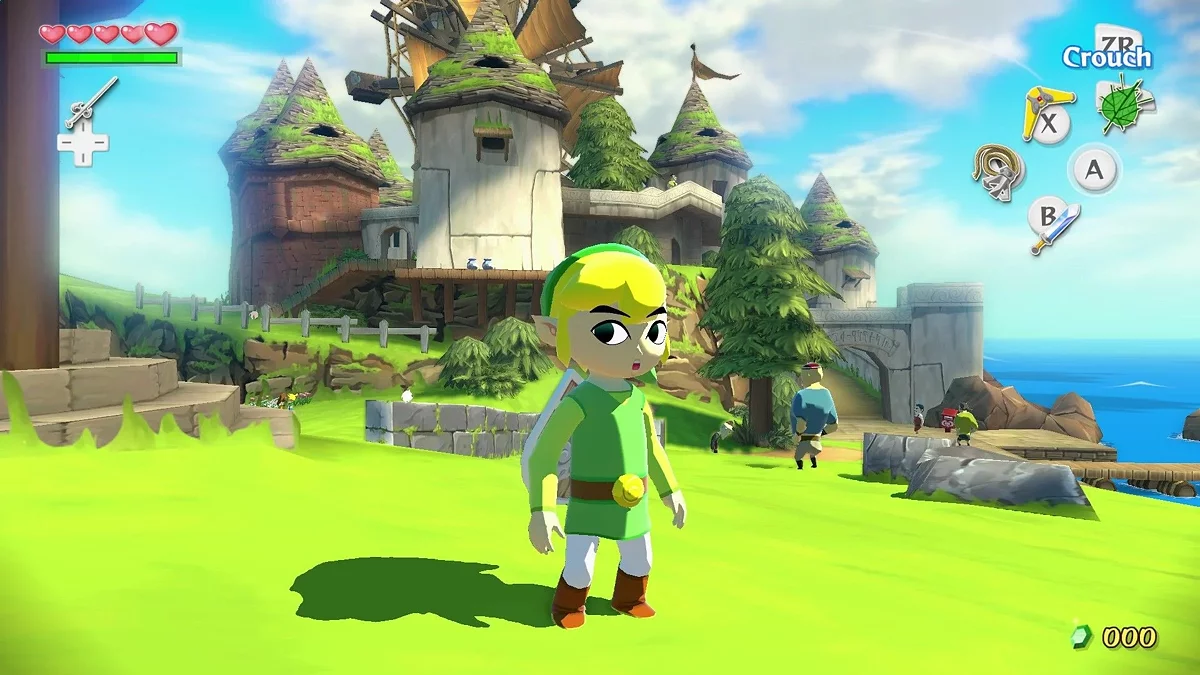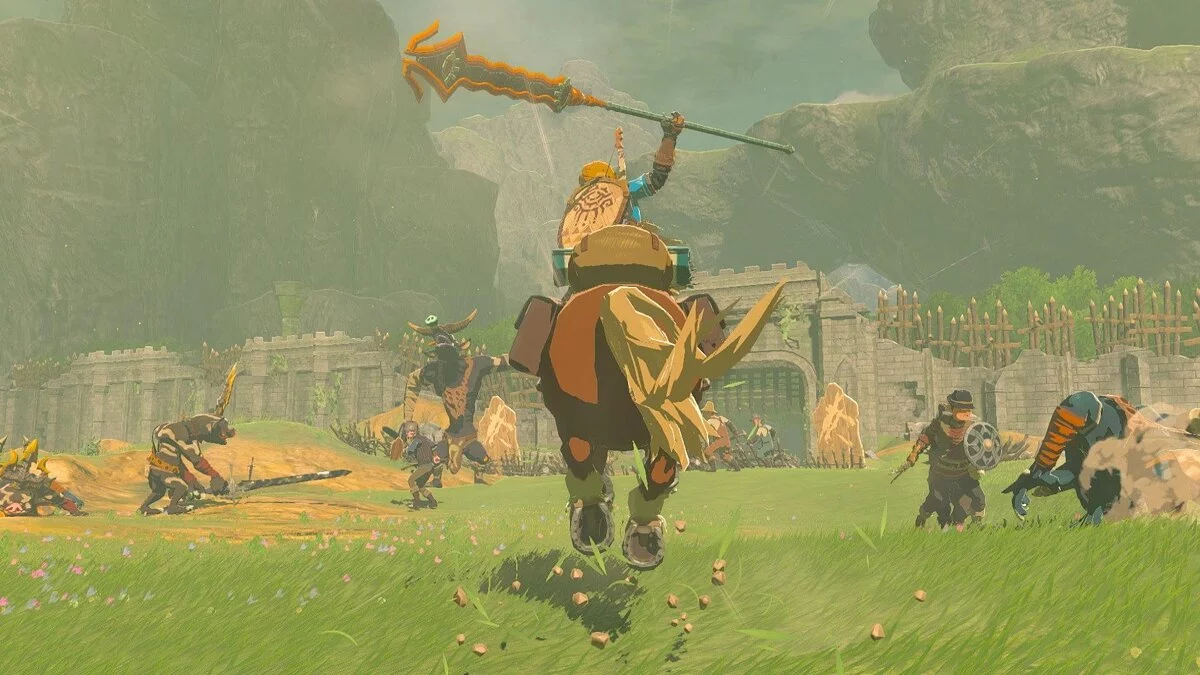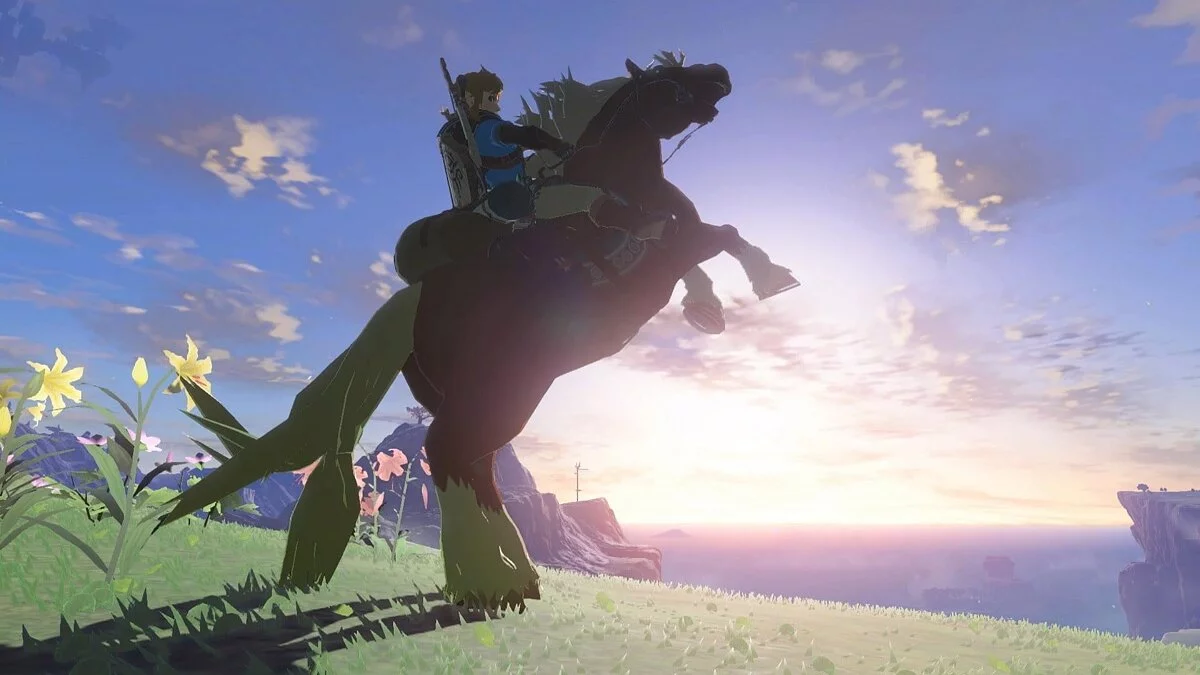Is It Possible to Make a Great Legend of Zelda Movie?

Nintendo has officially announced that the film adaptation of The Legend of Zelda will hit theaters on March 26, 2027. The director is Wes Ball, known for Kingdom of the Planet of the Apes, with series creator Shigeru Miyamoto himself among the producers. This gives fans hope, but success isn't guaranteed. A Zelda movie is a risky venture that could easily become a financial and reputational disaster. It’s all too easy to ruin: one or two bad decisions during filming, and die-hard fans will never forgive you. Let's discuss the key challenges.
What Makes Zelda, Zelda?
The Legend of Zelda is unique because visually, its games differ dramatically from each other. Just compare the cartoonish, child-friendly Wind Waker to the dark and serious Twilight Princess. Meanwhile, fan favorite Breath of the Wild, with its cel-shaded visuals, lies somewhere between the two styles.

Despite varying aesthetics, all Zelda games feel part of a unified whole — a distinctive identity. For the upcoming movie to resonate with The Legend of Zelda family, filmmakers must recreate that identity on the big screen.
The series’ secret sauce contains many ingredients. A crucial one is its optimistic tone. Zelda stories often begin after catastrophic events: Wind Waker depicts a kingdom submerged by floods; BOTW features civilization’s collapse after failing to defeat the villain. Despite the ruins, players primarily experience nature’s triumph: pastel colors and idyllic landscapes, alongside cheerful characters who embrace a modest lifestyle. This sets the adventure’s tone.
Has the quality of modern video game movies and series improved?
Zelda stories typically follow the Hero's Journey, a classic narrative structure. A young hero sets out to save a princess and defeat evil — a simple, universally familiar tale that has influenced numerous classics, including Star Wars.
However, Zelda's simple storytelling might not survive a big-screen adaptation. Modern films often overload their narratives, trying to stand out from competitors. If a Zelda movie follows suit, it risks losing the original charm.
Another challenge is how Link will be portrayed. He's silent in the games, with Princess Zelda serving as the emotional and narrative driving force. Although players technically rescue her, the world's fate largely depends on her actions. It’s an interesting twist on the damsel-in-distress trope. A silent Link is unlikely in film, potentially affecting the hero’s character and his dynamic with Zelda.
The biggest adaptation difficulty is that Zelda games build charm not just through tone or narrative but through gameplay. Film, a non-interactive medium, has limitations. Memorable dungeons and intriguing puzzles are cornerstones of Zelda that won’t produce the same "wow" effect on screen. Solving puzzles yourself differs significantly from watching actors solve them.
Would Anime Have Been a Better Choice?
There are other pitfalls that could have been avoided if Nintendo had opted for animation.
Casting will inevitably trigger intense fan reactions. Many players grew up with Zelda, developed lifelong attachments to its characters, and thus will likely be displeased with the actors chosen. Even the animated adaptation of The Super Mario Bros. faced casting controversies.
Many of Zelda’s visual design elements also present adaptation challenges. Iconic images that excel in games or would fit perfectly in anime might look awkward in live-action. Link’s famous outfit looks fine in games but somewhat absurd in reality — like Santa's elf assistant. This becomes evident even in high-quality cosplay.
Concerns also apply to other iconic designs. How will villain Ganon, monsters like moblins, or friendly races such as Gorons translate visually? Filmmakers must strike a careful balance: drastically alter visuals, and fans might not recognize their beloved characters.
Inspirational Examples
Although there are no direct analogs to Zelda in film, certain works share similar themes, tones, or stories, serving as excellent inspiration.
The best Zelda-style film is Princess Mononoke by renowned director Hayao Miyazaki. Many Ghibli studio films influenced Zelda, particularly Princess Mononoke, especially influencing BOTW.
Princess Mononoke and BOTW share thematic similarities: nature versus technology, corruption by dark forces, and courageous protagonists striving to save their homeland. Visual parallels abound too, such as the Forest Spirit resembling BOTW’s Lord of the Mountain and corruption reminiscent of Ganon’s malevolence.
Princess Mononoke showcases narrative possibilities for a Zelda film. For live-action inspiration, consider the 1985 fantasy Legend starring Tom Cruise.
Legend centers on a hero searching for a princess kidnapped by dark forces, echoing Link’s mission. Young Jack closely resembles Link — both are pure-hearted and courageous, aiming to overcome darkness. Magical forests, mythical creatures, and clear-cut good-versus-evil themes dominate Legend, offering appealing simplicity.
***
Making a successful Zelda film is possible but incredibly difficult. Forgetting even one vital franchise component risks losing Zelda's signature magic. Filmmakers face a Herculean task.
What do you think about a Zelda movie? Does the series need it? Share your thoughts in the comments.
How do you feel about
-
Report: Nintendo Switch 2 Could Have the Biggest Launch in Gaming History
-
Nintendo brings back the magic of cartridges — but not in physical form
-
«Fever Dream» and «Jumanji-Style» — First Reactions to A Minecraft Movie Surface
-
Nintendo's Half-Life 3? Hype around Metroid Prime 4: Beyond explained
-
Insider: Developers Received Nintendo Switch 2 Dev Kits Without 4K Output






